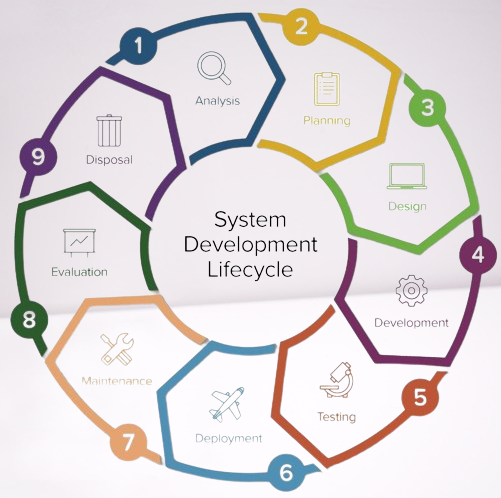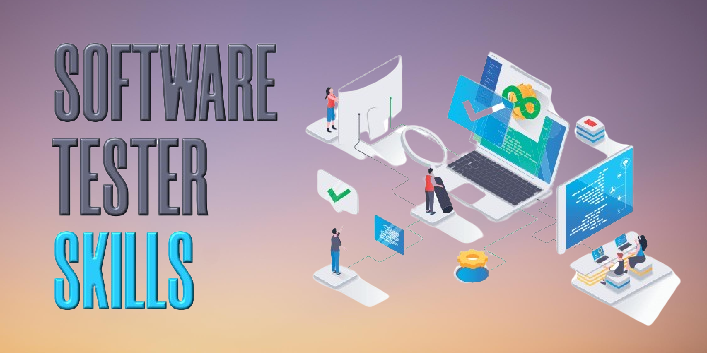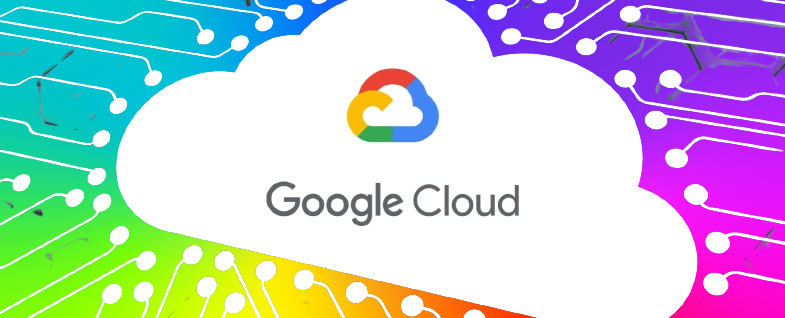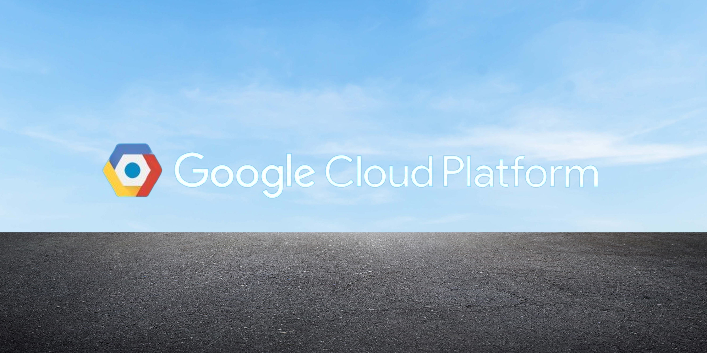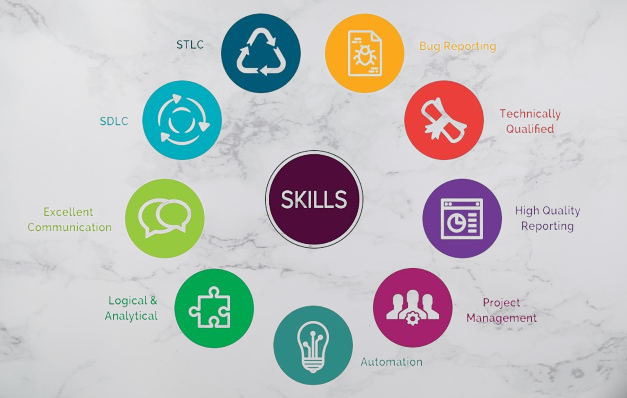
Software testing provides numerous benefits to the development process and the end-users of a software application or system. Some of the key benefits of software testing are:
Improved software quality: Testing helps to identify and fix defects, errors, or other issues in the software application or system, resulting in higher software quality and reliability.
Enhanced user experience: Testing helps to ensure that the software application or system meets the end-users’ needs and requirements, resulting in a better user experience.
Reduced development costs: Testing helps to identify and fix defects early in the development process, reducing the cost of fixing defects later in the process.
Faster time-to-market: Testing helps to identify defects early in the development process, enabling the development team to fix issues and release the software application or system more quickly.
Improved customer satisfaction: Testing helps to ensure that the software application or system meets the end-users’ needs and requirements, resulting in higher customer satisfaction.
Compliance with standards and regulations: Testing helps to ensure that the software application or system complies with industry standards and regulations, such as security and privacy regulations.
Risk management: Testing helps to identify potential risks and vulnerabilities in the software application or system, enabling the development team to mitigate those risks and improve the overall security and reliability of the software.
Overall, software testing is a critical part of the software development process that provides numerous benefits to the development team, end-users, and stakeholders. It helps to improve software quality, enhance the user experience, reduce development costs, and mitigate potential risks and vulnerabilities.
This article is shared by https://www.itechscripts.com/web-development/ | A leading resource of inspired clone scripts. It offers hundreds of popular scripts that are used by thousands of small and medium enterprises.
